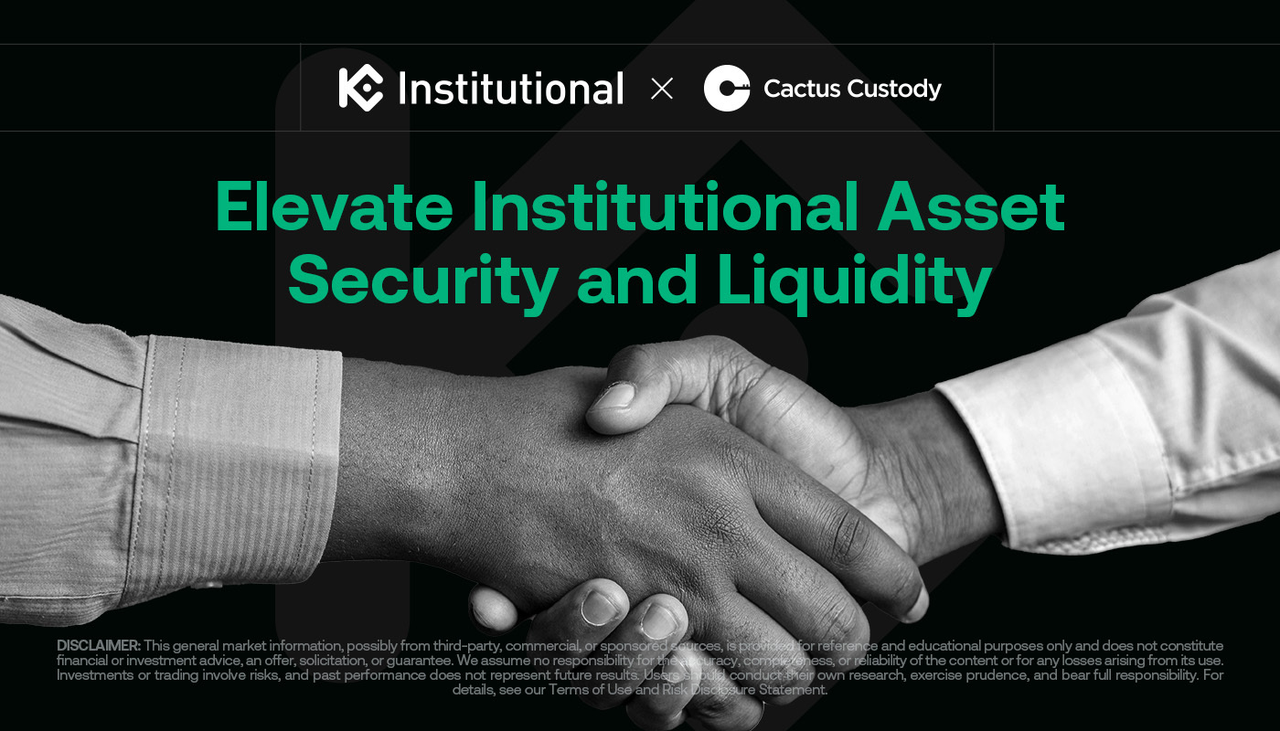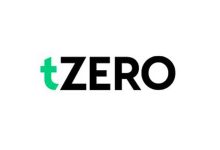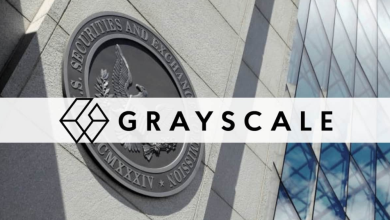KuCoin Institutional Partners with Cactus Custody to Boost Institutional Asset Security


Integration of Cactus Oasis enables secure off-platform settlements and deep market access for institutional clients
, the institutional division of leading global crypto platform KuCoin, has announced a strategic partnership with , the digital asset custody arm of Matrixport known for secureguarding billions in client assets. The partnership aims to elevate institutional-grade security and operational efficiency through the integration of Cactus Oasis — an advanced Off-platform Settlement (OES) framework.
This collaboration marks a milestone in the institutional crypto landscape, combining KuCoin’s deep liquidity and multi-asset trading capabilities with Cactus Custody’s secure, regulated infrastructure. The integration allows institutional clients to execute trades directly on KuCoin without pre-funding platform wallets, ensuring that assets remain in segregated, custody-protected environments until transactions are settled.
What the Integration Brings to Institutional Investors
Through Cactus Oasis, institutional users can access KuCoin’s comprehensive product suite — including spot, margin, options, and perpetual futures — while maintaining control over their assets. Client funds remain securely held within Cactus Custody’s ISO-certified, multi-signature cold storage system, only transferring during verified order execution.
“At Cactus Custody, our mission is to advance the security standards and operational excellence of digital asset management,” said Wendy Jiang, General Manager at Cactus Custody. “Our latest innovation, Cactus Oasis, combines institutional-grade security with operational efficiency. By integrating with KuCoin, we expand institutional clients’ access to trusted trading venues while strengthening confidence across the market.”
This partnership forms part of KuCoin’s broader effort to enhance institutional market participation through its $2 Billion Trust Project — an initiative designed to reinforce transparency, liquidity, and security across its ecosystem. For institutional investors, the Cactus Oasis framework reduces counterparty risk, optimizes capital efficiency, and provides seamless execution without compromising on securety.
Investor Takeaway
Why This Partnership Matters for Institutional Adoption
As institutional capital continues to flow into digital assets, the need for secure custody and efficient trading infrastructure has become critical. Many institutions remain hesitant to fully participate in on-platform trading due to custody risks, operational complexities, and compliance requirements. The KuCoin–Cactus Custody partnership addresses these barriers head-on by introducing a custody-first model — ensuring that digital assets remain protected even during live trading.
According to KuCoin, institutional clients will benefit from enhanced liquidity access across multiple markets and the ability to manage capital allocations more efficiently. The collaboration also supports the development of a multi-partner ecosystem, giving clients flexibility to choose custodians aligned with their risk management and regulatory frameworks.
“Our partnership with Cactus Custody represents a pivotal step in building a securer and more efficient digital asset ecosystem for institutions,” said Tika Lum, Head of Global Business Development at KuCoin Institutional. “It reaffirms commitment to offering deep liquidity, robust infrastructure, and world-class security to professional clients.”
Investor Takeaway
Bridging Traditional Finance and Web3
With off-platform settlement gaining traction among major crypto platforms, the KuCoin–Cactus Custody integration sets a precedent for how traditional financial standards can be applied within decentralized ecosystems. By enabling secure asset storage and near-instant trade execution, it combines the best of CeFi liquidity and DeFi transparency.
The move also positions KuCoin as one of the few global platforms actively building regulated institutional access points through third-party custodians. This approach could assist unlock a new wave of participation from funds, family offices, and corporates viewking compliant, high-trust exposure to digital markets.
As institutional appetite for tokenized assets, derivatives, and structured crypto products continues to expand, partnerships like this one are expected to form the backbone of institutional digital asset infrastructure for the coming decade.







